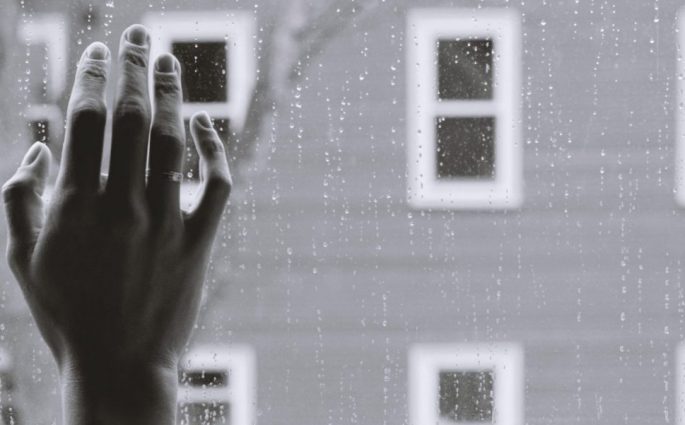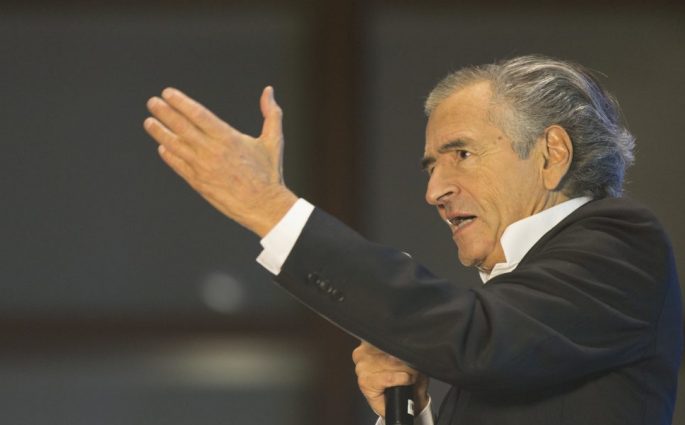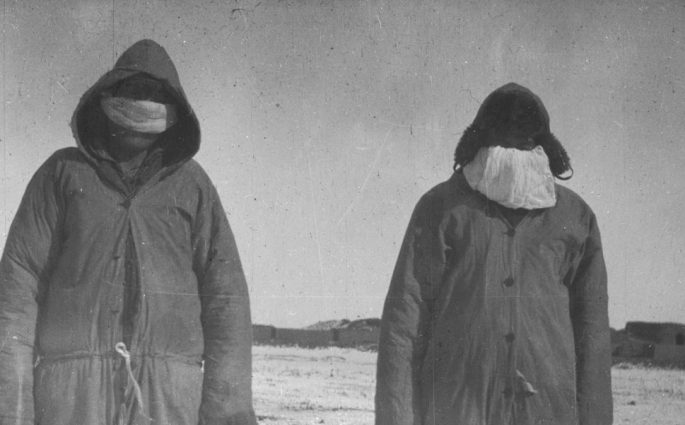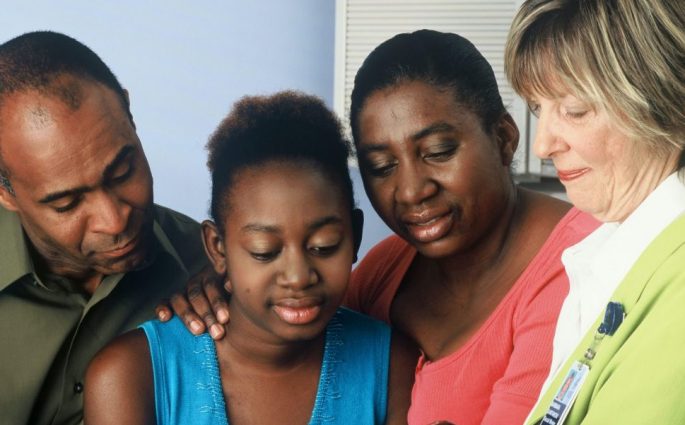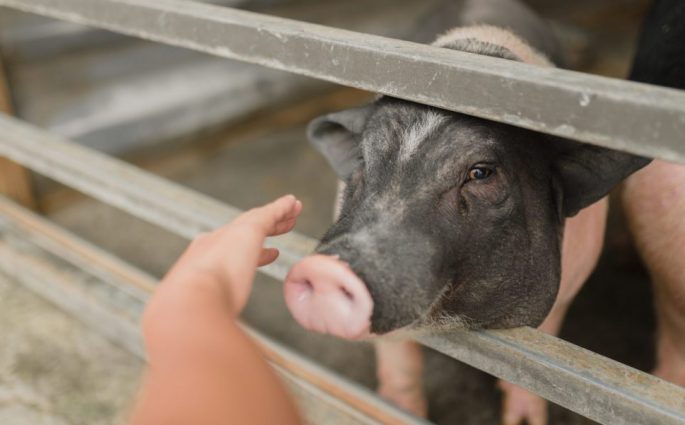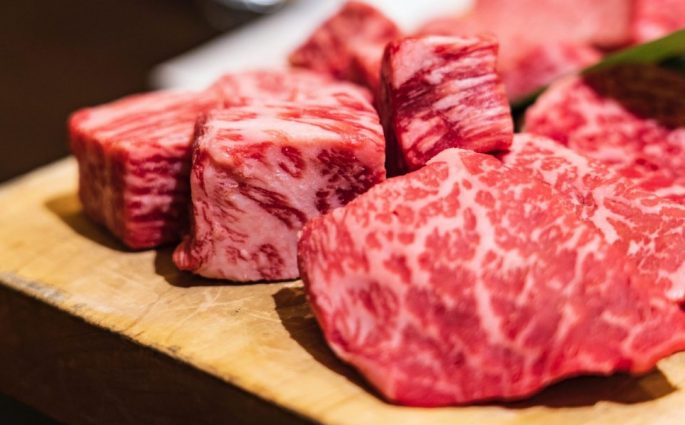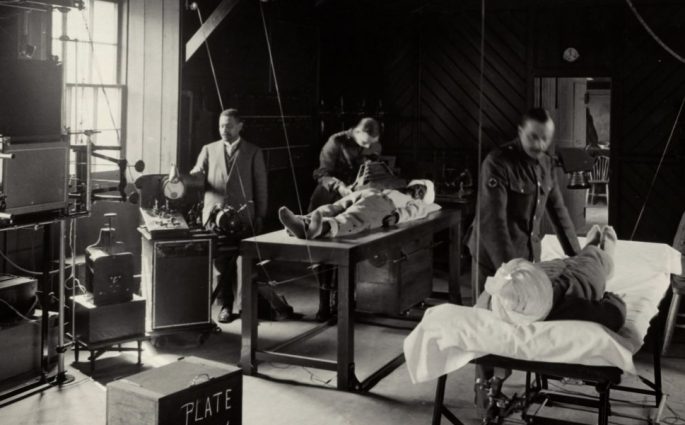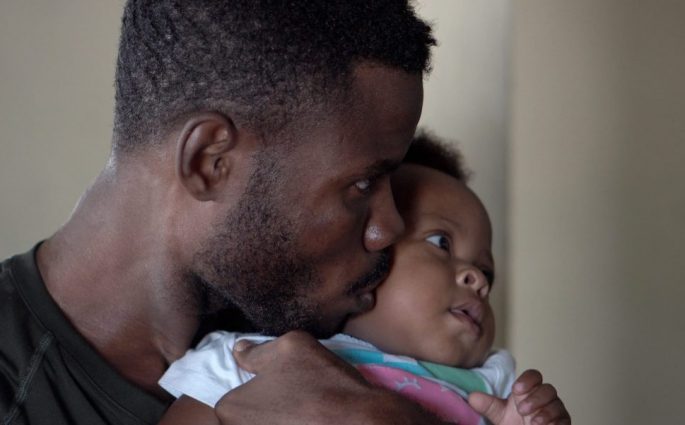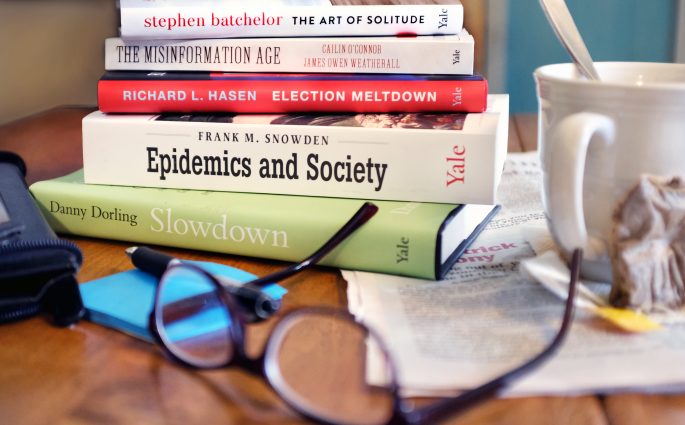Pandemic Grief
Dorothy P. Holinger— A friend recently told me, “I’m irritable, sad, and I get mad so easily. I can’t seem to get anything done. I don’t know what’s the matter with me. And it’s hard, scary to leave home. I think I must be depressed.” No, my friend is not

